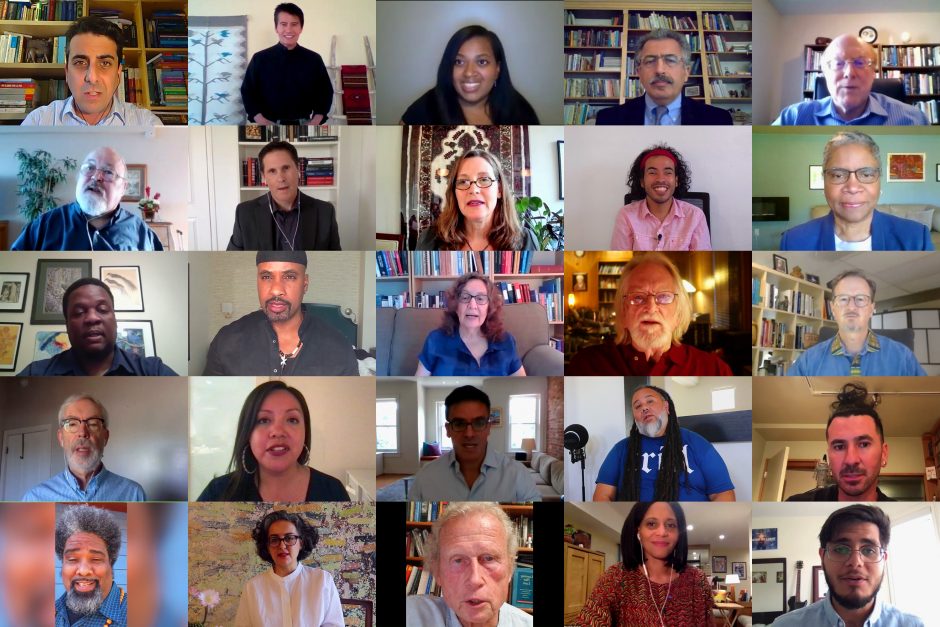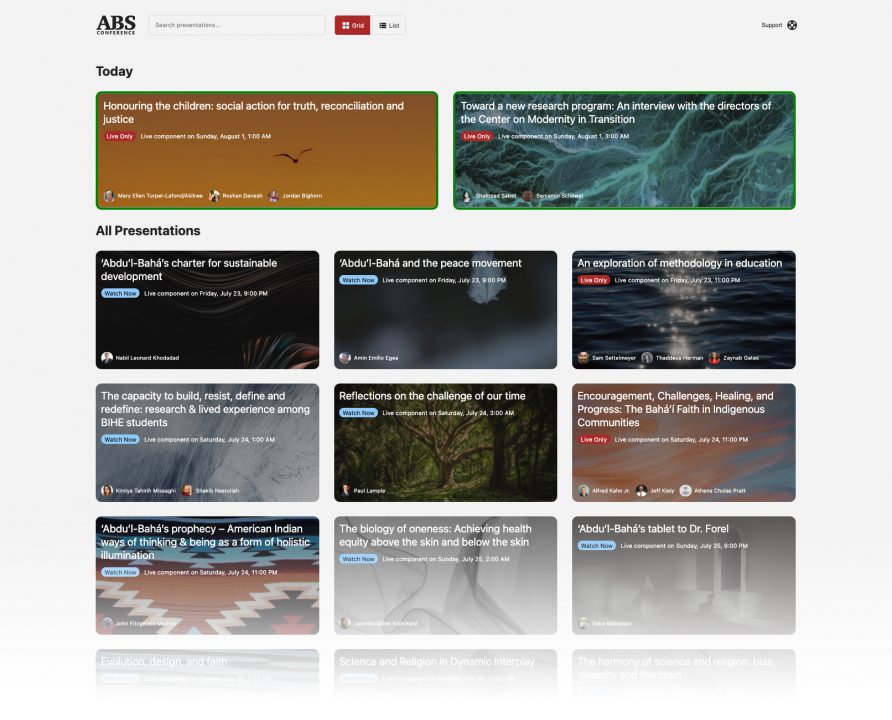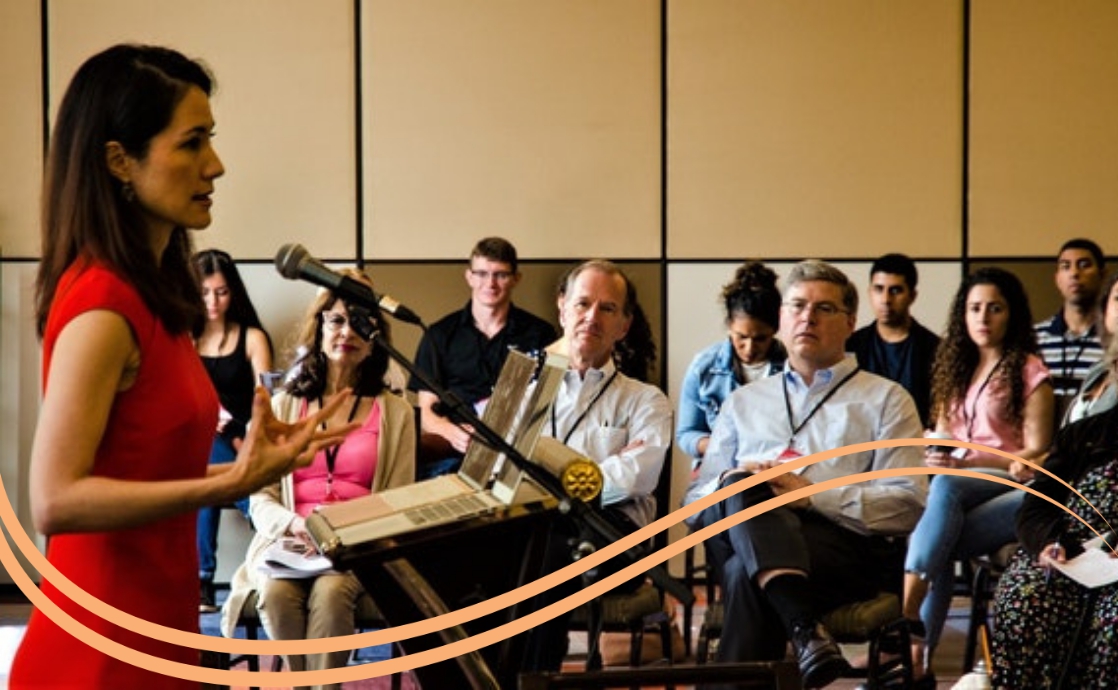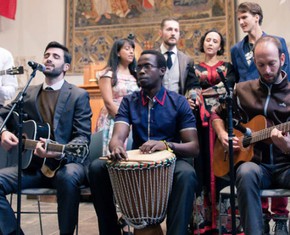The 45th annual conference of the Association for Baha’i Studies (ABS), held last week, brought together over 2,500 people to reflect on their efforts to contribute to a wide variety of areas of thought and discourse.
As was the case last year, the conference, which is usually held at a physical venue, had transferred online because of the pandemic. Julia Berger, the secretary of the Association’s executive committee explains how the ABS took great care in organizing the program to ensure greater participation in sessions.
“Despite some challenges and limitations from not being able to gather in person, the conference featured thought-provoking and lively discussions.
“Many sessions were held in two parts, with the first featuring pre-recorded presentations made available in advance and the second as live sessions during the conference itself, allowing more time for rich discussions.”

The 9-day conference took place at a time when the global Baha’i community has been preparing to commemorate the centenary of Abdu’l-Baha’s passing later this year. Titled “In the Footsteps of Abdu’l-Baha: Contributing to the Discourses of Our Time,” the conference program drew inspiration from his life and work as a champion of social justice and upholder of the principle of the oneness of humanity.

Participants called to mind Abdu’l-Baha’s unifying approach to contributing to the intellectual and moral life of society. His application of Baha’i principles to contemporary issues and problems of the age informed discussions as attendees consulted on a wide variety of themes, including the role of journalism in contributing to social progress, the power of film in helping people to overcome prejudices, contemporary efforts to create just and sustainable food systems, and the dual knowledge systems of science and religion as being necessary for the advancement of civilization.
One of the sessions brought together attendees and the directors of the Center on Modernity in Transition (COMIT) to discuss the Centre’s experience with interdisciplinary research on the intellectual foundations of modern society and their possible transformation. The Centre’s work is animated by the idea of modernity as an age of transition toward a future world civilization – one characterized by unprecedented levels of peace, justice, and material and spiritual prosperity.
Speaking about the future of the conferences, Dr. Berger states: “Our hope for the evolution of the conference is that it becomes a punctuation point along a process of learning so that each year participants can explore in-depth Baha’i teachings, correlate them with perspectives across diverse fields of knowledge, and attempt to apply them to humanity’s current issues and challenges.”
Recordings of selected conference sessions are available online at the ABS website.
















Comments
Sign in or create an account
Continue with Googleor